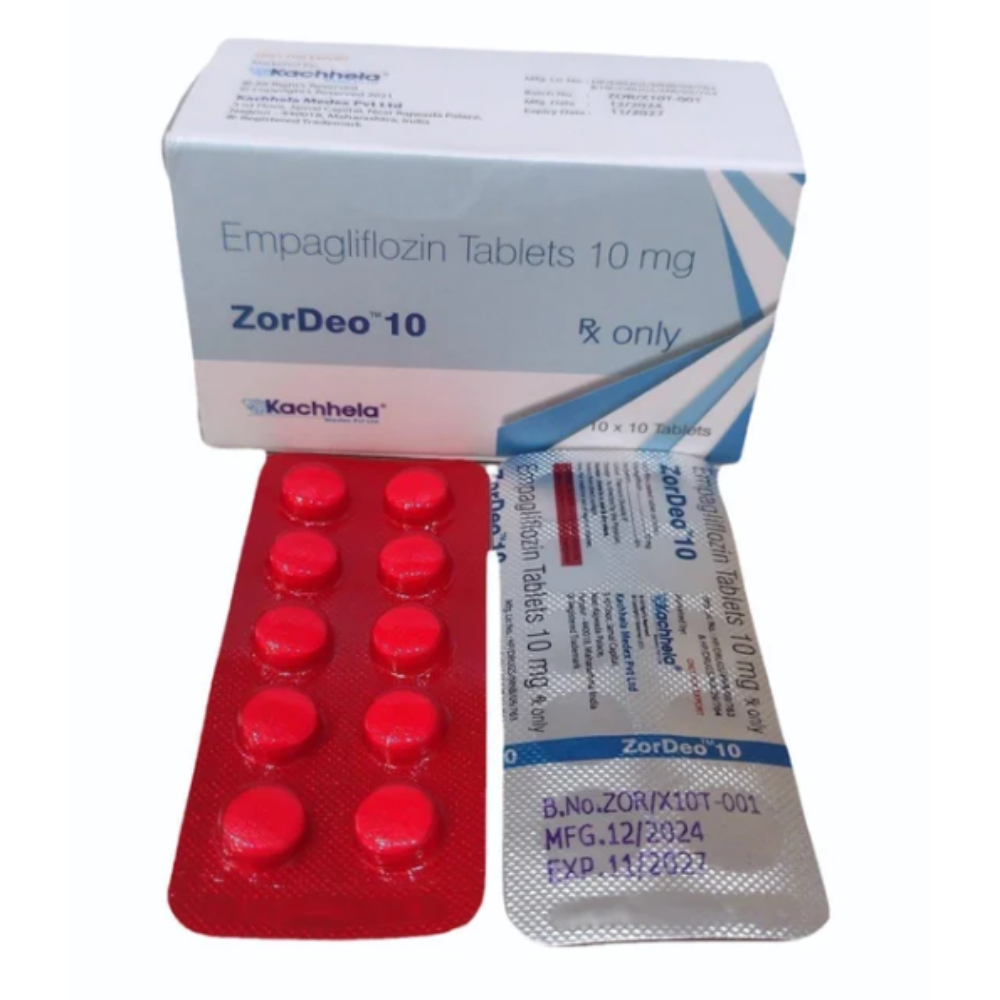How fenbendazole capsules Help in Managing Widespread Parasitic Infections in Pets
Wiki Article
Understanding the Benefits and Uses of Fenbendazole in Veterinary Medicine
Fenbendazole has developed itself as a crucial anthelmintic in vet medicine. Its capacity to target different parasitical infections makes it an important device for veterinarians. The medication's system interferes with necessary cellular processes in bloodsuckers, resulting in effective therapy outcomes. Nevertheless, its security account ranges varieties, necessitating cautious factor to consider in its usage. Understanding these dynamics can lose light on fenbendazole's more comprehensive implications in vet treatment and continuous research right into its potential past traditional applicationsDevice of Action of Fenbendazole

Typical Parasitical Infections Treated With Fenbendazole
A variety of parasitical infections are properly treated with fenbendazole, making it a versatile option in vet medication. This anthelmintic agent is specifically reliable against nematodes, including roundworms and hookworms, which generally influence pet dogs and pet cats. It is likewise utilized for the treatment of cestodes, such as tapeworms, giving a wide range of action versus both types of digestive tract bloodsuckers. Furthermore, fenbendazole is advantageous in handling infections triggered by protozoa, specifically Giardia, which can bring about stomach distress in animals. Its efficiency reaches treating particular lungworms in dogs and felines, resolving respiratory system health concerns linked to these bloodsuckers. Overall, fenbendazole's capacity to target numerous parasitic varieties makes it a beneficial device in veterinary practice, making sure the health and wellness and wellness of family pets impacted by these usual infections.Safety and security and Efficiency in Different Animal Types
The security and effectiveness of fenbendazole differ amongst different animal varieties, highlighting the relevance of species-specific considerations in veterinary medicine. In dogs, fenbendazole is usually well-tolerated and reliable against a variety of intestinal parasites, consisting of roundworms and hookworms. For felines, however, its usage is less usual and may call for mindful application due to potential adverse responses.In animals, such as livestock and sheep, fenbendazole demonstrates efficiency versus various endoparasites, adding to improved health and performance. However, the pharmacokinetics and possible adverse effects can differ considerably in between species, necessitating cautious evaluation by vets.
Equines additionally respond favorably to fenbendazole, specifically for treating strongyles and ascarids, though dose and management paths have to be tailored to their unique physiology. Understanding these distinctions is essential for optimizing therapy end results and ensuring animal well-being throughout diverse varieties.
Administration and Dose Guidelines
Appropriate administration and dosage guidelines are vital for making the most of the restorative results of fenbendazole while lessening potential negative effects. The dose normally differs depending on the types being dealt with, the particular condition, and the formulation of fenbendazole made use of. fenbendazole. For pet dogs and felines, a common dose is 50 mg/kg body weight, carried out when daily for 3 consecutive days, yet vets might adjust this based on individual health and wellness analysesIt is essential to administer fenbendazole with food to enhance absorption and lessen intestinal distress. The medication is offered in various forms, including granules and paste, enabling versatile management alternatives. Keeping track of the pet's feedback during and after therapy is suggested to confirm efficiency and safety. Furthermore, veterinary assistance is essential to identify the proper period of treatment based upon the kind of click for source parasitic infection being dealt here are the findings with, guaranteeing perfect outcomes for the pet's wellness.
Future Point Of Views and Study on Fenbendazole
Research study on fenbendazole proceeds to progress, concentrating on its potential applications beyond conventional antiparasitic usages. Current studies have discovered its effectiveness in treating numerous types of cancer, particularly in veterinary oncology. Initial data suggest that fenbendazole may inhibit the growth of growth cells and enhance the impacts of various other chemotherapeutic representatives.Researchers are exploring its duty in managing intestinal problems in pets, highlighting its anti-inflammatory properties. The flexibility of fenbendazole for different species raises inquiries regarding its security accounts and ideal application regimens in diverse populaces.
As passion grows, there is a demand for thorough medical trials to establish evidence-based guidelines for these unique applications. Future study may additionally investigate the mechanisms behind fenbendazole's impacts, possibly leading the means for ingenious restorative methods in vet medicine. The ongoing expedition of fenbendazole might greatly boost therapy choices for different vet problems.

Often Asked Questions
Is Fenbendazole Safe for Pregnant Animals?
The safety of fenbendazole for expecting animals continues to be unclear. While some researches suggest very little risk, veterinarians usually suggest look at this web-site care and frequently discourage its use throughout maternity unless the advantages clearly surpass prospective risks.Can Fenbendazole Be Utilized in Animals?
Fenbendazole is generally used in livestock to deal with numerous parasitic infections. fenbendazole capsules. Its effectiveness versus stomach worms makes it an important anthelmintic, adding to boosted wellness and productivity in animals increased for food and fiberWhat Are the Negative Effects of Fenbendazole?

The side effects of fenbendazole might include gastrointestinal disturbances, lethargy, and sensitive responses. In unusual situations, extra severe responses can take place, necessitating mindful monitoring and examination with a veterinarian during treatment.
Exactly How Does Fenbendazole Contrast to Various Other Dewormers?
Fenbendazole uses broad-spectrum effectiveness versus various bloodsuckers, usually comparing positively to other dewormers. Its distinct device targets various life phases, making it efficient, while generally presenting a beneficial safety account contrasted to options available on the marketplace.Can Fenbendazole Be Made Use Of for Treating Cancer Cells in Pets?
The possibility of fenbendazole in treating cancer cells in pets has actually amassed interest. Preliminary studies suggest it might hinder cancer cells cell development, however additionally study is needed to confirm its efficiency and safety and security in veterinary oncology.Report this wiki page